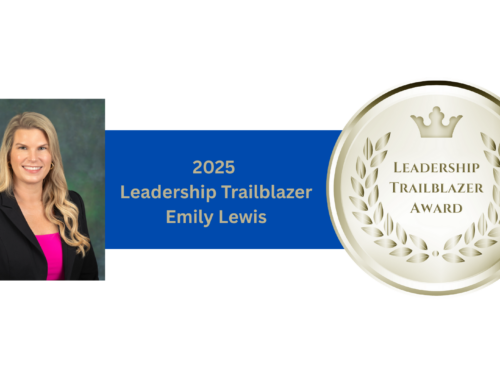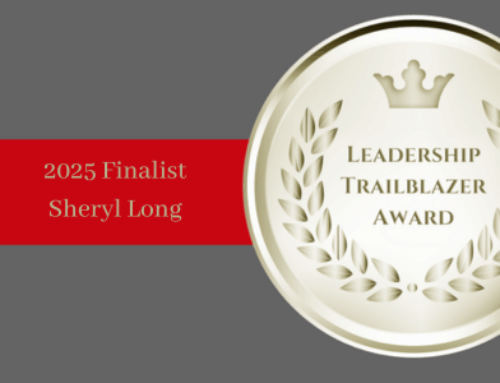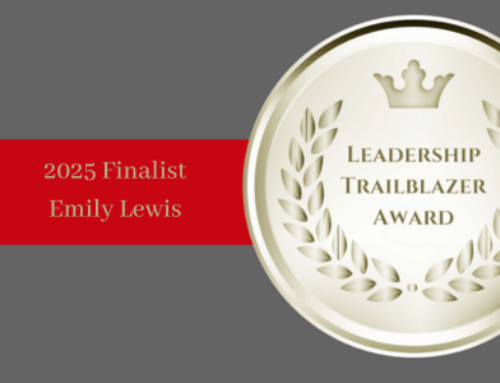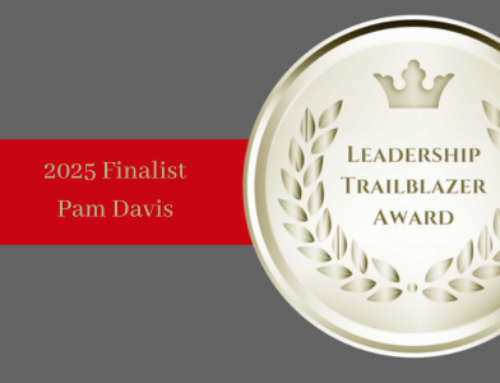What the Girl Scout Cookie Program Can Teach ALL of Us
By Julie Underwood, Assistant City Manager – Daly City, CA
It’s the best time of year! It’s Girl Scout cookie time! I get so excited when a Girl Scout rings our doorbell or we see a cookie table at our local grocery store. We load up on boxes of Thin Mints, Samoas and Tagalongs. Yum!
But that’s not the point of this post. The point is to highlight and comment on the army of young girls who are selling Girl Scout cookies and what they’re learning in the process. Have you ever read the side of a cookie box? Here’s what it says:
The Girl Scout Cookie Program
Selling Girl Scout Cookies helps girls develop 5 skills that they use throughout their lives:
- Goal Setting
- Decision Making
- Money Management
- People Skills
- Business Ethics
As many of us know, these same competencies and skills are required in local government. In fact, these skills have a likeness to ICMA’s Practices for Effective Local Government Management.
The founder of the Girl Scouts, Juliette Low, told girls in 1912 that they could “be anything they wanted to be.” So here we are over 100 years later, telling girls the same thing, and yet we continue to experience barriers. To overcome some of these barriers, let’s take some advice from one of the Girls Scouts’ past leaders who clearly made a mark in the leadership world.
Frances Hessekbein, former CEO of the Girl Scouts from 1976 to 1990, was a transformative leader who followed the advice of management guru Peter Drucker. Jim Collins, author of Good to Great, said this about Frances, “I have never met a single person who has had a larger multiplicative effect than Frances.”
Hessekbein became CEO when the organization saw declining membership, a scarcity of volunteers (changing roles of mothers – stay-at-home moms were no longer the norm), a question of relevance, and a hierarchical and siloed governance structure. She is well known for leading the organization through this turnaround. This is an amazing story of someone who rose through the ranks of the Girl Scouts regional councils.
Be Bold and Purposeful
One aspect of her story which provides an approach for those of us looking to advance in our careers is how she landed the CEO job. When she applied for the position and was a candidate, she thought that they were merely trying to cast a wide net since they had never filled the position with an internal candidate. Because of this framing, she was able to be relaxed, calm, and free to be bold and purposeful.
Here’s how she described it: “When they asked what I would like to achieve if I were chosen, I described a revolution. This was a time of great social change — people weren’t sure how scouting could be relevant to girls’ lives, especially girls from the inner city. We needed to change with the times by questioning everything except the mission of serving girls by helping them reach their highest potential. And we needed a less siloed structure to achieve our goals.”
This is taking a different approach then, say, athletes visualizing they would win or score. What I like about what Hessekbein did is that she took a “What do I have to lose?” approach. In a similar way, I’ve often asked myself, “What’s the worst that could happen?” We’ve convinced ourselves that the worst thing that could happen is rejection. Years ago I worked retail sales and rejection was just part of the process. What this experience taught me is that it wasn’t the worst thing that could happen.
Elaine Dundone in a TED talk says that successful people who experience rejection “reboot.” Rebooting means starting over, trying a different approach or offering new information
Rejection helps hone your skills and toughens your skin building up resiliency. And the best part about rejection, at least from my perspective, is that it provides a new opportunity. Alexander Graham Bell said it best, “When one door closes, another opens; but we often look so long and so regretfully upon the closed door that we do not see the one which has opened for us.”
Separate Yourself from the Previous Leader
And as I said in my last article, “Seeking Members: Join the #13Percent Club,” more often than not, you would be the first female to be the City Manager, Police Chief, or City Engineer/Public Works Director. While the gender difference will certainly have an impact on how you lead, you should be prepared to note how you’re different from the previous leader. This assumes that you will do your homework and learn the personality and management style of who you’re replacing.
When I was the Assistant City Manager in Shoreline, WA, I applied to be the City Manager as my manager was retiring. I’ll admit that during my interview, I struggled with how I would be different or what I would change. I respected and admired my manager so much and felt that I would be betraying him if I noted the things that I would want to change. What I learned with some of the Council’s interview questions is that they expect someone different, and in most cases, they want someone who will be different. Be prepared to describe how your leadership style will be different and what value-add you will offer the organization.
Next time you’re going through an interview process, keep these two approaches in mind. And finally, be sure to buy some Girl Scout cookies before they go away not to return again until next year. As you eat those yummy cookies know that you’re helping to reinforce the ideal that girls can by anything they want to be, even City Manager, Police Chief or Public Works Director.
__________
Julie Underwood is the Assistant City Manager for the City of Daly City, CA.








